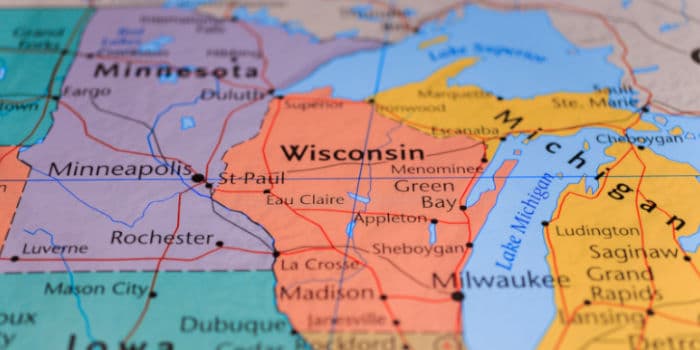Kalshi Needs Sports Markets More Than Sports Needs Kalshi
Prediction markets have been an absolute hit with sports fans with platforms such as Kalshi leading the charge and effectively making it possible for these opportunities to be available

Kalshi has had a string of successes recently. Multiple challenges from US states and their gambling regulators have been largely contained, although more scrutiny is certainly coming. Regardless, early effort to block Kalshi’s sports markets have now come a cropper, as courts have granted the platform’s right to not comply with cease-and-desist letters sent to it by multiple regulators, and won injunctions in these cases.
Kalshi Reliance on Sports Data Could be Achilles’ Heel
Kalshi fought off both regulators in Nevada and New Jersey, and although they are preparing another offense, the platform is optimistic about its chances. However, prediction markets at Kalshi are not just a side dish – they are the main course, and possibly dessert.
Data analyzed by InGame, an industry publication, and contributor Daniel O’Boyle suggests that the platform now generates more than three-quarters of its revenue from sports markets. To reach this conclusion, O’Boyle and InGame took a look at Kalshi’s publicly available trade data and analyzed the period between February 25 and May 17.
The total volume has exceeded $1 billion, and Kalshi’s reliance on this particular segment has become apparent. This can be construed as good news, providing that Kalshi continues to win on the legal front and stave off regulators who argue that the platform is offering another form of sports wagering, which it has denied.
O’ Boyle observed, however, that there seems to be some merit to the regulatory argument, insofar as consumers are concerned – they seem to use the platform as a place to make a prediction about the outcome of a sports event in a similar fashion to how they would normally do on a sportsbook.
O’Boyle also points out another interesting observation – Kalshi could be making a higher percentage of its revenue on sports revenue than are FanDuel and Kalshi, who most people would associate entirely with sports.
Sparring with Regulators Does Not Frighten Kalshi
The InGame analysis argues that Kalshi is deriving 74.1% of its revenue from sports, whereas DraftKings and FanDuel are getting 62.6% and 68.1% respectively. This level of reliance on sports means that Kalshi needs to ensure that its legal challenges in multiple states across the US are addressed properly.
The platform already managed to fight off regulators, including the Commodity Futures Trading Commission (CFTC), and was able to provide election bets in November, and ever since.
In the meantime, Kalshi has not stopped exploring new opportunities, as a rumored partnership with xAI is on the cards.
Mike made his mark on the industry at a young age, consulting for companies that would later become regulators. As one of the lead editor of Gambling News, he dedicates his weekdays to this project, aiming to educate the masses on the latest developments in the gambling circuit. His expertise and passion for the industry make him an invaluable asset to our team.

















